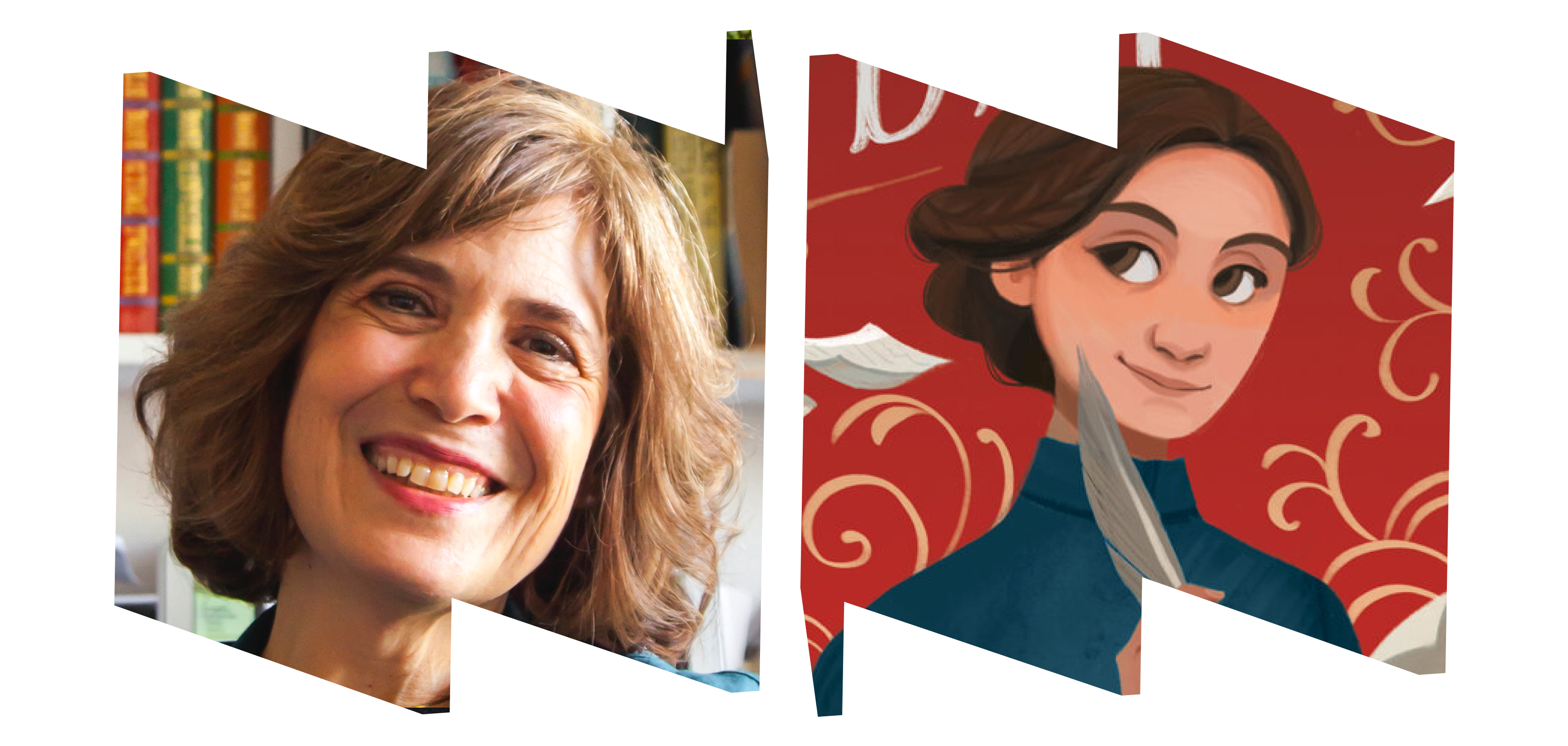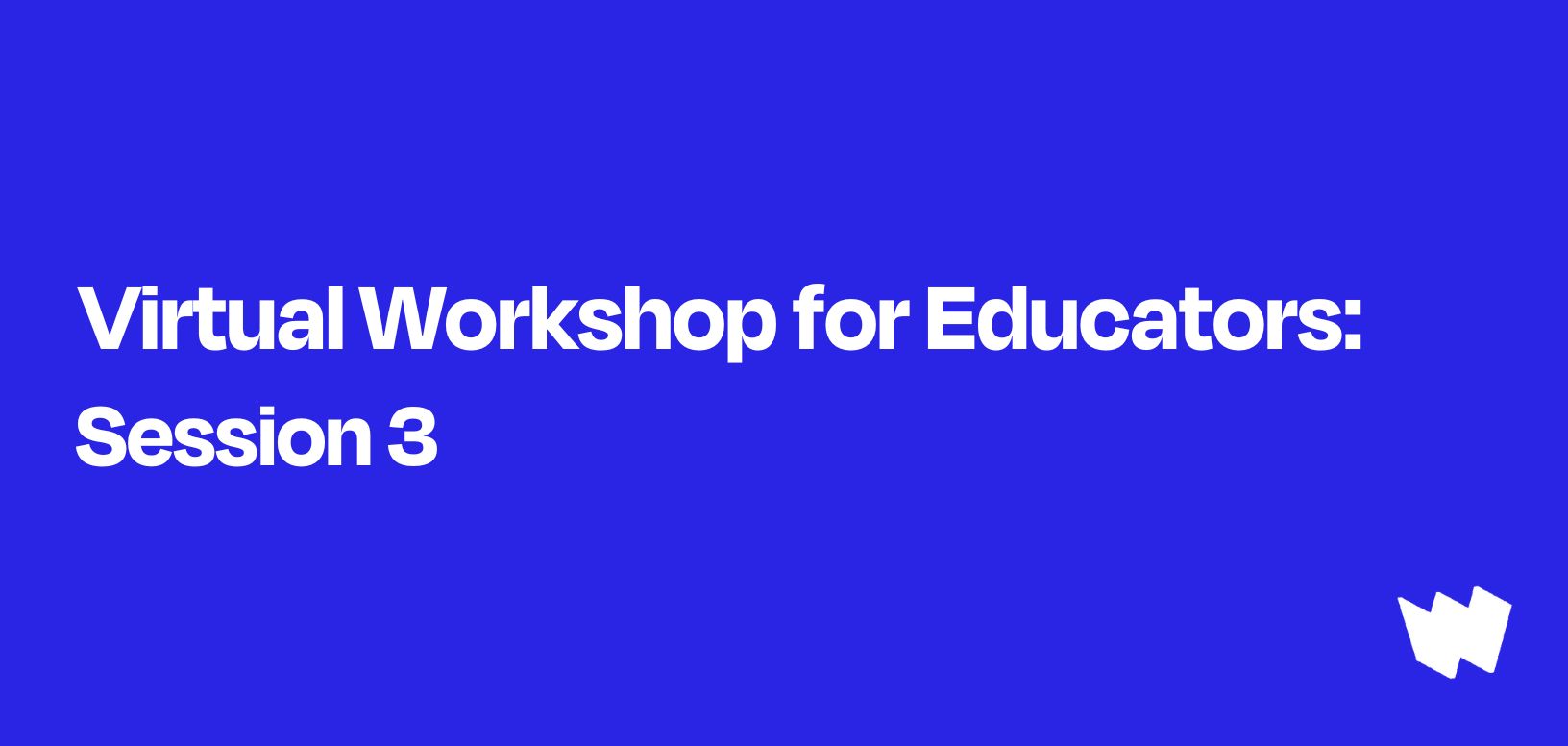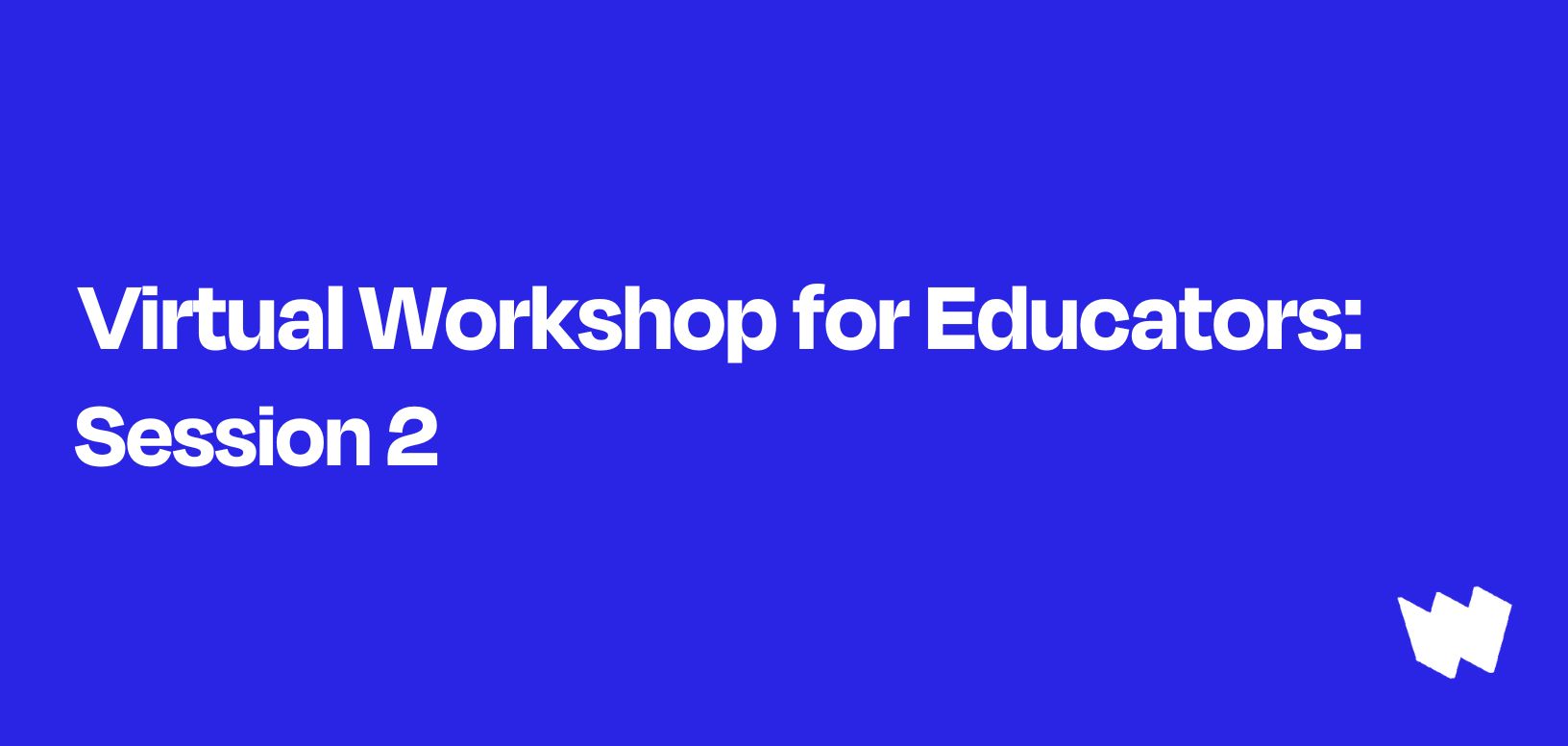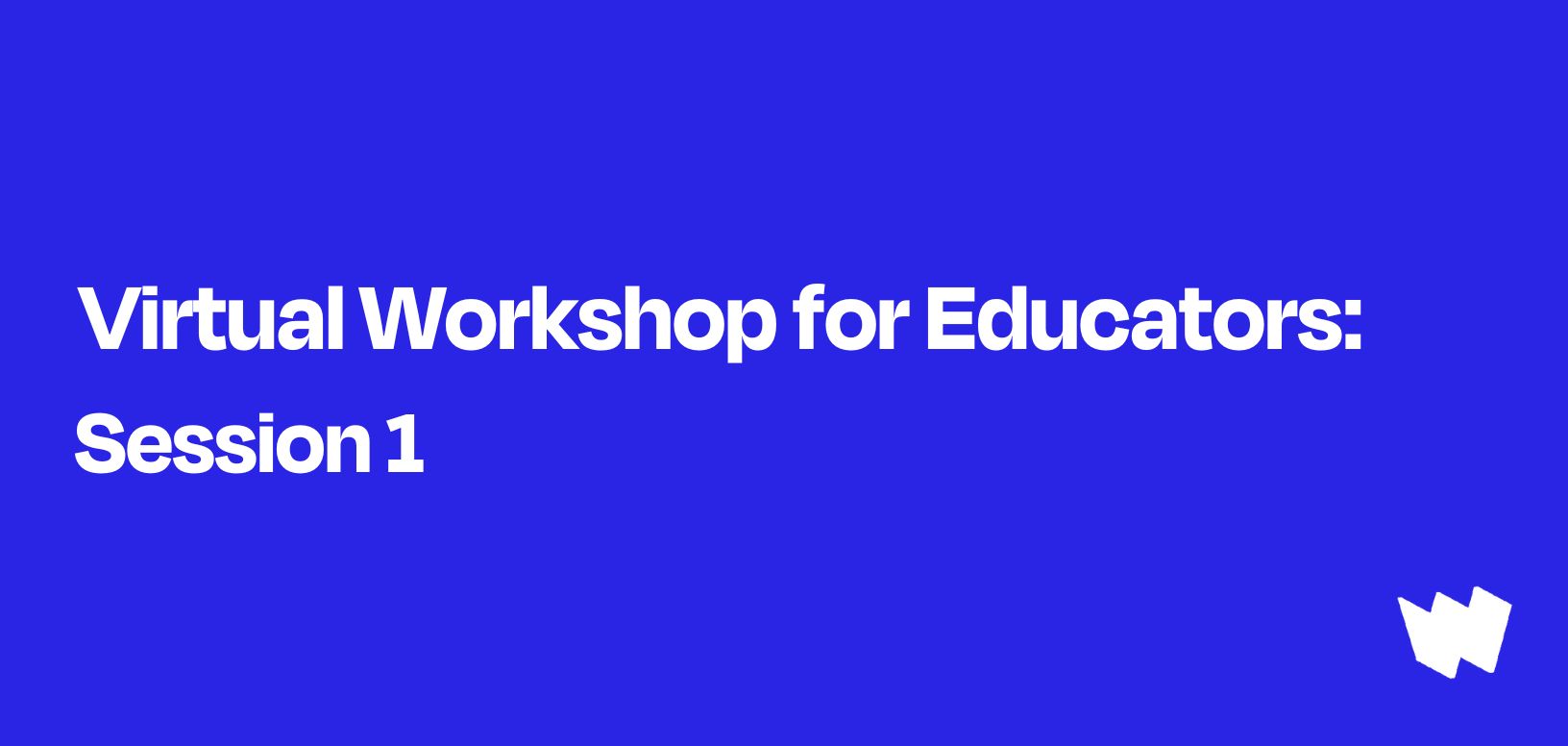
Calling all Brave Kids! Join the National Women’s History Museum’s Brave Girls Virtual Storytime and author Nancy Churnin as she reads her 2021 picture book, Dear Mr. Dickens, followed by a live Q&A with the audience.
From The Ivy Bookshop:
Eliza Davis believed in speaking up for what was right. Even if it meant telling Charles Dickens he was wrong.
In Eliza Davis’s day, Charles Dickens was the most celebrated living writer in England. But some of his books reflected a prejudice that was all too common at the time: prejudice against Jewish people. Eliza was Jewish, and her heart hurt to see a Jewish character in Oliver Twist portrayed as ugly and selfish. She wanted to speak out about how unfair that was, even if it meant speaking out against the great man himself. So she wrote a letter to Charles Dickens. What happened next is history.
Please note: The National Women’s History Museum strives to provide programs that are accessible to all visitors. For questions, or to request accommodations such as an ASL interpreter or closed captioning, please email [email protected] at least 7 days in advance of the program.

Explore how learners can use the practice of historical empathy to examine the role and impact of women throughout history. Based on the work of, and facilitated by, Dr. Katherine Perrotta, Assistant Professor of Middle Grades and Secondary Education at Mercer University Tift College of Education, educators will engage in discussions about the C3 Framework for Social Studies Standards, its ties to historical empathy, and its use in the classroom with focus on the example of pathbreaking civil rights activist Elizabeth Jennings. Known as the “Nineteenth-Century Rosa Parks,” Elizabeth Jennings successfully challenged segregation ordinances on New York City streetcars in 1854.
Session 3 will explore learning activities planning, assessments, and informed action using historical empathy and the C3 Framework Inquiry Arc.
You do not need to sign up for all three sessions to attend, but you are encouraged to come to all three as you build your historical empathy practice. All sessions are free but advanced registration is required. Those who attend will receive a certificate of completion for each session.
Please note: The National Women’s History Museum strives to provide programs that are accessible to all visitors. For questions, or to request accommodations such as an ASL interpreter or closed captioning, please email [email protected] at least 7 days in advance of the program.

Explore how learners can use the practice of historical empathy to examine the role and impact of women throughout history. Based on the work of, and facilitated by, Dr. Katherine Perrotta, Assistant Professor of Middle Grades and Secondary Education at Mercer University Tift College of Education, educators will engage in discussions about the C3 Framework for Social Studies Standards, its ties to historical empathy, and its use in the classroom with focus on the example of pathbreaking civil rights activist Elizabeth Jennings. Known as the “Nineteenth-Century Rosa Parks,” Elizabeth Jennings successfully challenged segregation ordinances on New York City streetcars in 1854.
Session 2 will introduce the story of Elizabeth Jennings and how to use primary and secondary sources when planning C3-aligned lessons.
You do not need to sign up for all three sessions to attend, but you are encouraged to come to all three as you build your historical empathy practice. All sessions are free but advanced registration is required. Those who attend will receive a certificate of completion for each session.
Please note: The National Women’s History Museum strives to provide programs that are accessible to all visitors. For questions, or to request accommodations such as an ASL interpreter or closed captioning, please email [email protected] at least 7 days in advance of the program.

Explore how learners can use the practice of historical empathy to examine the role and impact of women throughout history. Based on the work of, and facilitated by, Dr. Katherine Perrotta, Assistant Professor of Middle Grades and Secondary Education at Mercer University Tift College of Education, educators will engage in discussions about the C3 Framework for Social Studies Standards, its ties to historical empathy, and its use in the classroom with focus on the example of pathbreaking civil rights activist Elizabeth Jennings. Known as the “Nineteenth-Century Rosa Parks,” Elizabeth Jennings successfully challenged segregation ordinances on New York City streetcars in 1854.
Session 1 explores C3 Framework basics and how the Inquiry Arc supports the promotion of historical empathy.
You do not need to sign up for all three sessions to attend, but you are encouraged to come to all three as you build your historical empathy practice. All sessions are free but advanced registration is required. Those who attend will receive a certificate of completion for each session.
Please note: The National Women’s History Museum strives to provide programs that are accessible to all visitors. For questions, or to request accommodations such as an ASL interpreter or closed captioning, please email [email protected] at least 7 days in advance of the program.



